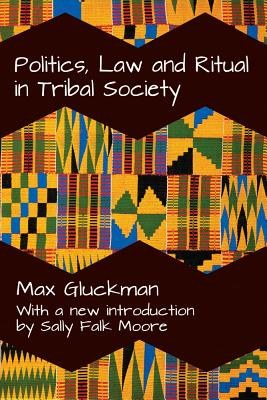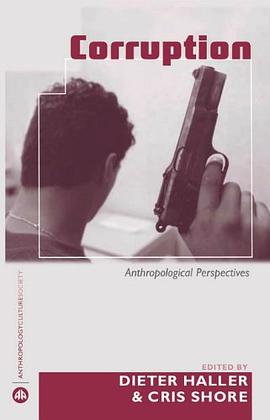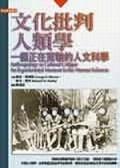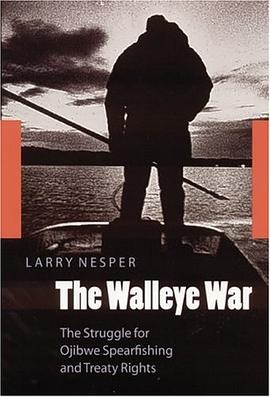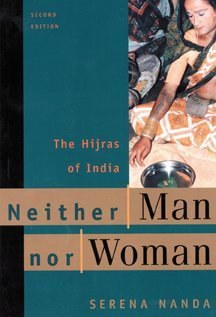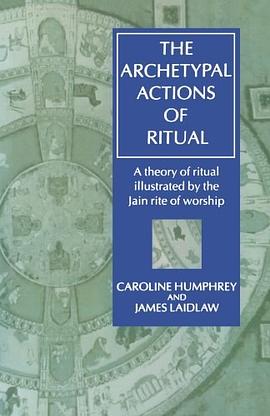

具体描述
We are told that simply by sipping our morning cup of organic, fair-trade coffee we are encouraging environmentally friendly agricultural methods, community development, fair prices, and shortened commodity chains. But what is the reality for producers, intermediaries, and consumers? This ethnographic analysis of fair-trade coffee analyzes the collective action and combined efforts of fair-trade network participants to construct a new economic reality.
Focusing on La Voz Que Clama en el Desierto-a cooperative in San Juan la Laguna, Guatemala-and its relationships with coffee roasters, importers, and certifiers in the United States, "Coffee and Community" argues that while fair trade does benefit small coffee-farming communities, it is more flawed than advocates and scholars have acknowledged. However, through detailed ethnographic fieldwork with the farmers and by following the product, fair trade can be understood and modified to be more equitable.
This book will be of interest to students and academics in anthropology, ethnology, Latin American studies, and labor studies, as well as economists, social scientists, policy makers, fair-trade advocates, and anyone interested in globalization and the realities of fair trade. "Winner of the Society for Economic Anthropology Book Award"
作者简介
目录信息
读后感
评分
评分
评分
评分
用户评价
相关图书
本站所有内容均为互联网搜索引擎提供的公开搜索信息,本站不存储任何数据与内容,任何内容与数据均与本站无关,如有需要请联系相关搜索引擎包括但不限于百度,google,bing,sogou 等
© 2025 book.wenda123.org All Rights Reserved. 图书目录大全 版权所有

